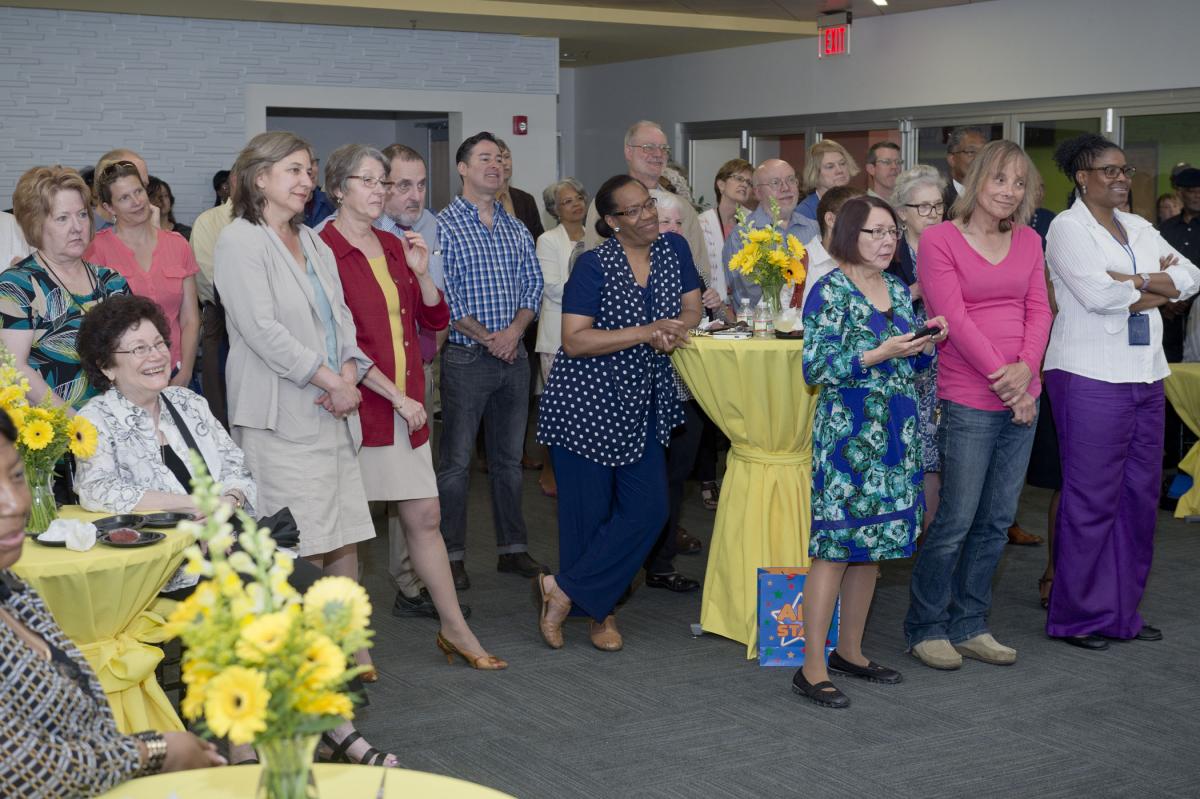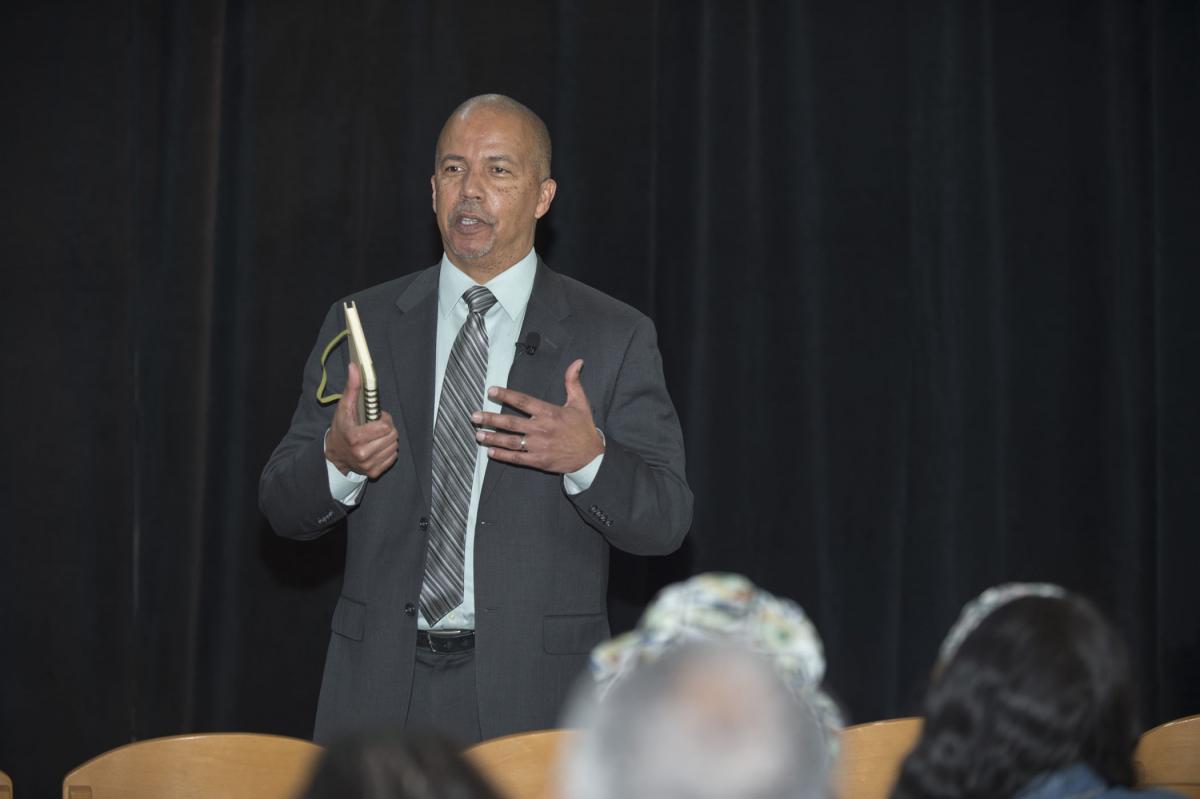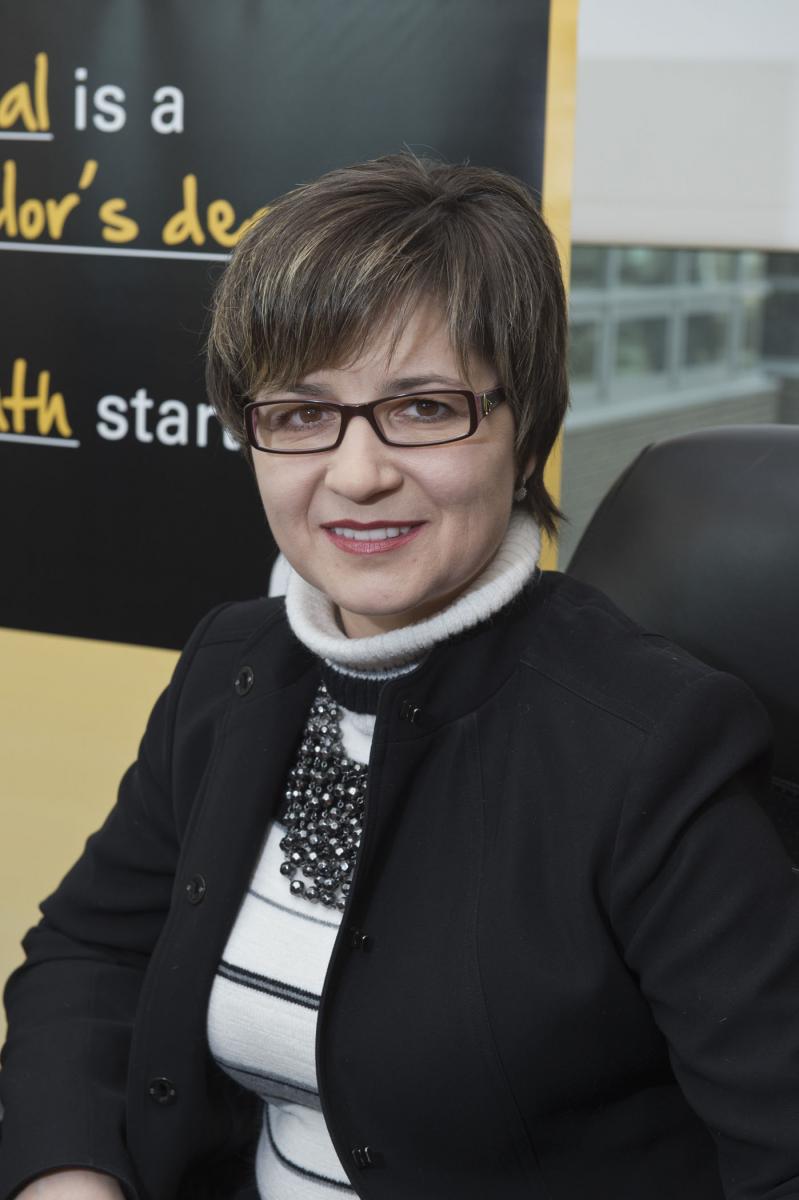Access to Education is the New Frontier for Civil Rights
The old guard met up with new possibilities at a lunch featuring civil rights stalwart Julian Bond on July 13 at the Main Campus.
The event, held in the Center for Business & Industry, was sponsored by Single Stop USA, a national, one-stop resource that partners with the College to connect students with additional financial resources and social services.
Joining Bond at the event were President Donald Guy Generals; Elisabeth Mason, Single Stop USA CEO, along with College trustees, foundation leaders and other community stakeholders. Bond, a Single Stop USA advisory committee member, was in town for the NAACP convention.
At a question and answer session, Generals, Mason and Bond reflected upon changes in the half-century that followed the 1960s civil rights victories.
“Community college grew out of the Civil Rights Movement,” noted Generals, pointing out the 50th anniversary of Community College of Philadelphia coincides with the passage of the 1965 Voting Rights Act. He views higher education as the new frontier for civil rights. “College should be a right for everyone,” Dr. Generals added.
Melissa Mello, a student in behavioral health, moved the audience by sharing how Single Stop helped her identify critical resources after she encountered multiple life challenges and faced eviction. Single Stop helped her manage her debt and improve her credit. That support, along with assistance from the College’s Homeless Support Project, enabled her to continue to move toward degree completion. She says she is on track to graduate in May 2016.
“We empower students to develop a plan for their lives based on their needs and take the lead on following through with their goals,” said Paula Umaña, Single Stop’s Project Director at the College.
Mason praised Single Stop’s 2013 launch at Community College of Philadelphia as its most successful to date and hailed Umaña as one of its most effective directors nationwide.
Since 2013, Single Stop at the Community College of Philadelphia has served more than 2,300 students and connected them to more than $6 million in benefits, tax refunds and supportive services.






